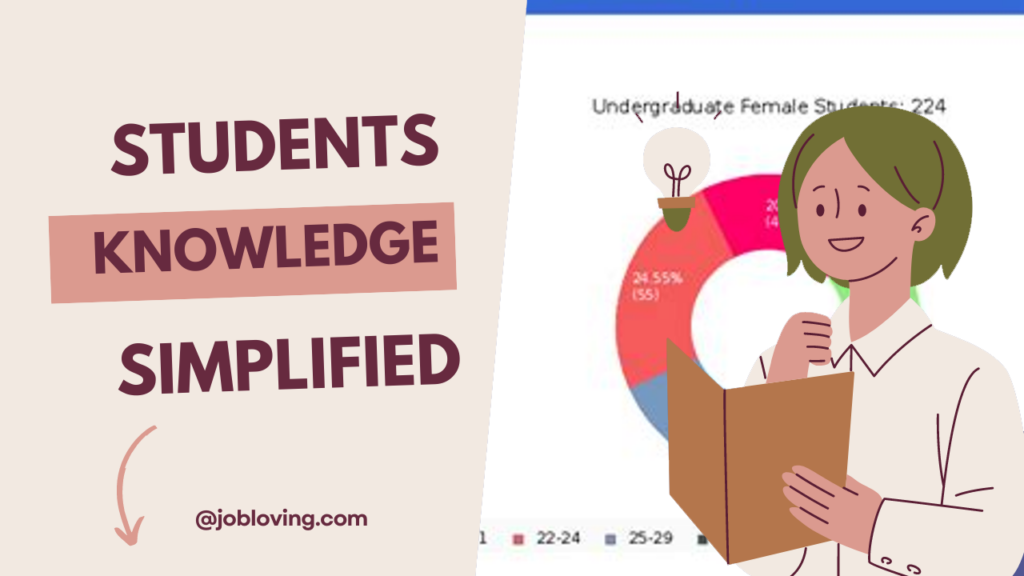Naropa University, nestled in the vibrant setting of Boulder, Colorado, stands out not just for its picturesque campus but also for its unique educational philosophy that marries contemplative practices with academia. Founded back in 1974, Naropa is a private institution that has recently experienced a significant enrollment uptick, with student numbers surpassing 1,000 for the first time in a decade, reaching a total of 1,058 students. This resurgence, coupled with a 24% increase in enrollment since 2020, contrasts sharply with national trends that have seen many liberal arts colleges struggling.
The diverse demographic of Naropa’s student body tells a powerful story. A notable shift reveals a rise in adult learners, recognizing the importance of lifelong education, as the average student age has increased from 29 to 34. This transition reflects a broader societal trend where adults return to school seeking not just degrees, but meaningful transformational experiences. Naropa offers over twenty degree programs, allowing students to engage deeply in areas like psychology, the arts, and peace studies, all while inviting them to connect their academic pursuits with personal growth and social justice.
More than mere statistics, Naropa embodies a rich narrative of holistic education where mindfulness and compassion reign supreme. The institution champions a contemplative education model, attracting individuals from various backgrounds, including healers, activists, and those eager for personal transformation. Students appreciate the school’s unique blend of academic rigor and spiritual exploration, a combination that resonates with those disheartened by traditional educational pathways. Approximately 89% of students feel that their educational journey enhances their understanding of diverse backgrounds, fostering empathy and awareness—essential qualities in today’s world.
Financial considerations play a critical role in the Naropa experience. With median undergraduate tuition at $34,400, many students rely on financial aid to ease the financial burden of their education. In fact, 84% of undergraduates receive assistance, with average financial aid packages amounting to around $36,018. This dedication to supporting students not only ensures accessibility but also highlights the university’s commitment to inclusivity—88% of undergraduates benefited from grants or scholarships in the 2022-2023 academic year.
As the number of students continues to grow—currently pegged at about 600—Naropa maintains a low student-to-faculty ratio of 9:1, ensuring that learners receive personalized attention. With an average class size of just 13, Naropa fosters an environment where deep, meaningful discussions can flourish, and students find their voices while engaging in critical social issues.
In 2023, the landscape of Naropa is not without its challenges. Though the university excels in many areas, such as its renowned Counseling Psychology program—which awarded 119 degrees in 2022—the overall graduation rate of 34% signals room for improvement. This figure points to the need for ongoing support systems to aid student persistence and success. The institution is keenly aware of these dynamics and aims to evolve its programs further, reflecting the interests of its increasingly diverse student population.
In summary, Naropa University remains an engaging, transformative space for students seeking a holistic education that goes beyond traditional boundaries. Its commitment to mindfulness, compassion, and community engagement sets it apart in the competitive landscape of higher education, positioning Naropa not just as a school, but as a nurturing ground for awakened minds who aim to create meaningful change in the world.
What factors contribute to the increasing enrollment at Naropa University despite national trends in liberal arts education?
The enrollment at Naropa University has increased by 24% since 2020, which can be attributed to its unique blend of contemplative practices with traditional academia, a growing demographic of adult learners, and the university’s emphasis on mindfulness and holistic education. These elements resonate with students seeking meaningful learning experiences that align with their personal and professional goals.
How does Naropa University support diverse student backgrounds and learning needs?
Naropa University actively promotes accessibility through its online and hybrid programs, which cater to students from various backgrounds and locations. Additionally, 98% of financial aid applicants receive grants or scholarships, and 84% of undergraduates benefit from financial aid, ensuring that education is attainable for a diverse range of learners.
In what ways does Naropa University foster a sense of community and engagement among its students?
Naropa emphasizes community engagement, with 95% of students participating in service-learning projects. The small student-to-faculty ratio of 9:1 and average class size of 13 promote personalized attention and foster intimate learning environments, enhancing student relationships and collaboration.
What distinguishes Naropa University’s educational philosophy from other institutions?
Naropa’s educational philosophy integrates rigorous academics with contemplative practices, focusing on personal growth and social change. This approach encourages students to explore their unique callings while cultivating their spiritual identities, making it a leader in contemplative education and appealing to those seeking a holistic learning experience.

